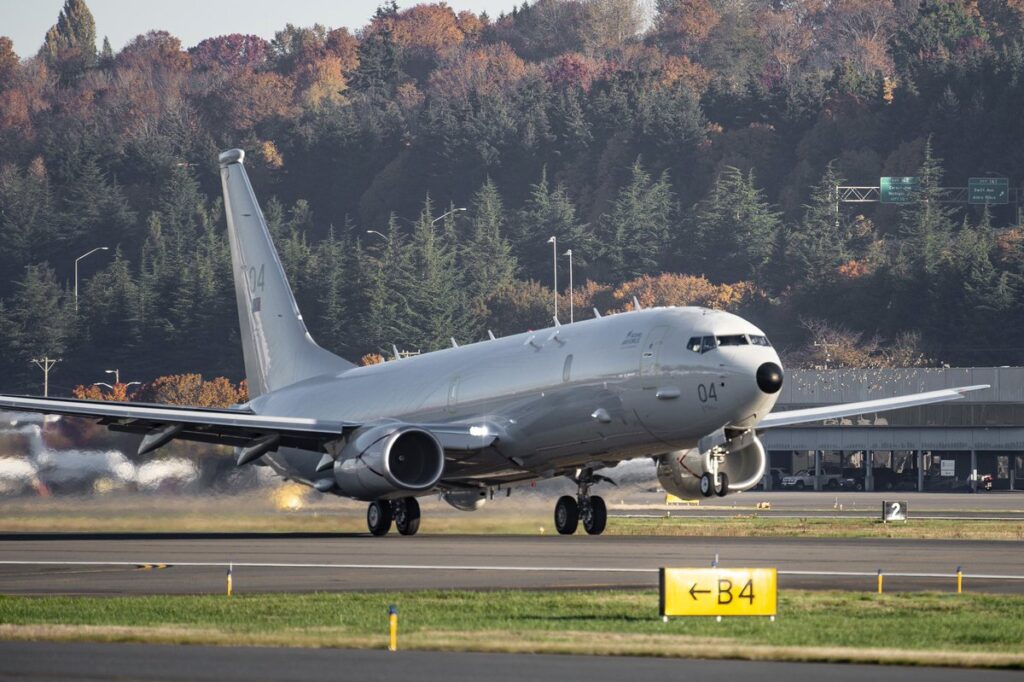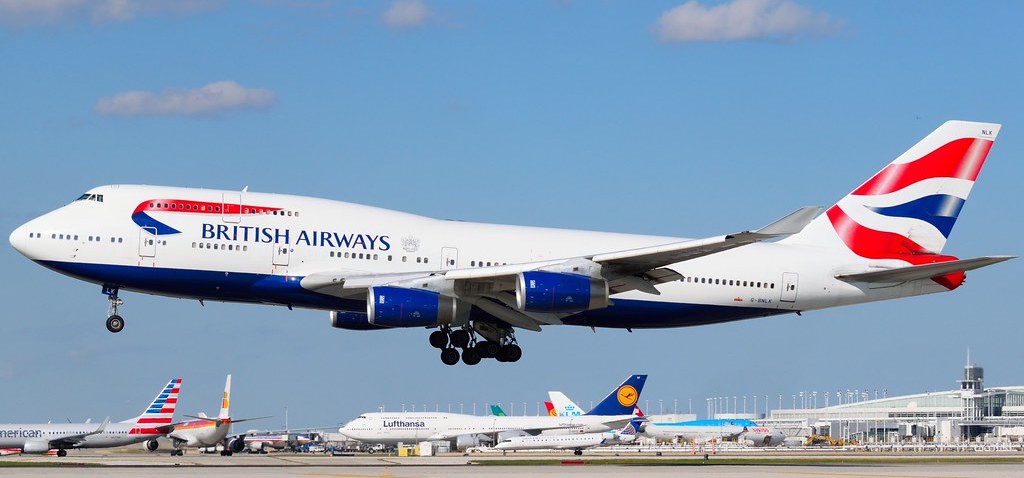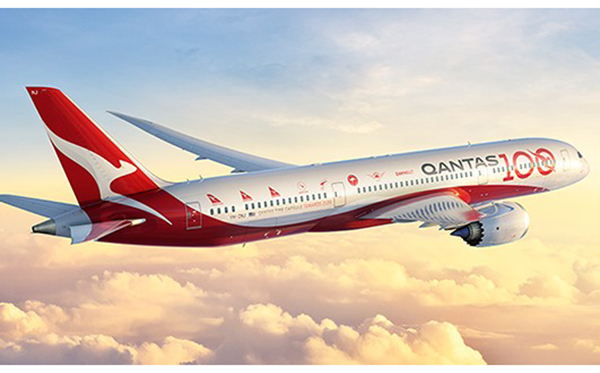KiwiRail’s next stage of upgrades focused on reducing commuter disruptions
The next stage of KiwiRail’s network rebuild in Auckland will be a lot less disruptive than the previous stages. Since the start of 2023, KiwiRail has had to fully close rail lines in Auckland for…



